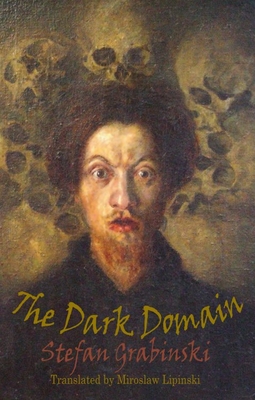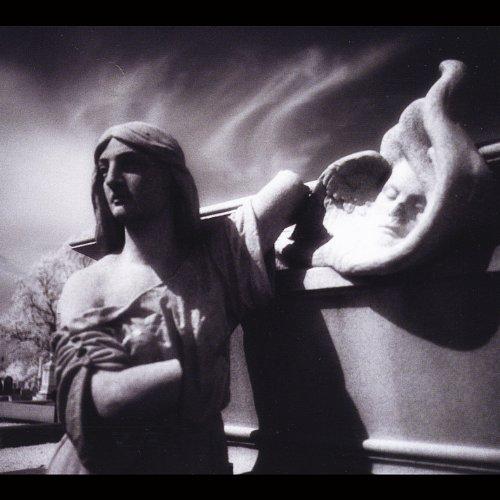
description
an Grabinski is such a revelatory experience. Because here is a writer for whom supernatural horror is manifest precisely in modernity - in electricity, fire-stations, trains: the uncanny as the bad conscience of today. Sometimes Grabinski is known as the Polish Poe but this is misleading. Where Poe's horror is agonised, a kind of extended shriek, Grabinski's is cerebral, investigative. His protagonists are tortured and aghast, but not because they suffer at the caprice of Lovecraftian blind idiot gods: Grabinski's universe is strange and its principles are perhaps not what we expect, but they are principles - rules- and it is in their exploration that the mystery lies. This is horror as rigour.'
China Mieville in The Guardian
China Mieville in The Guardian
member goods
No member items were found under this heading.
Return Policy
All sales are final
Shipping
No special shipping considerations available.
Shipping fees determined at checkout.







